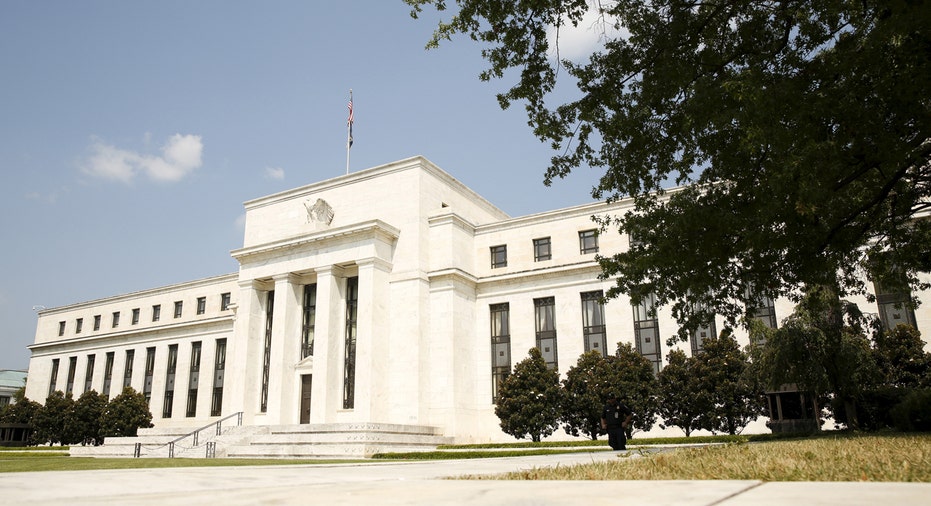Fed's Bullard Worries About 'Permazero' Rates

St. Louis Fed President James Bullard, a prominent hawk who is ready to raise interest rates, said the United States and other industrial nations may nevertheless be entering an era of permanently low rates and inflation that will require a rethink of monetary policy.
Bullard said his "monetarist background" continues to make him nervous that inflation is about to erupt after years of Fed monetary stimulus, and a "yearning" to return to the era where the Fed had a well-established target rate that could be raised and lowered as economic conditions required.
But analyzing both data among industrialized nations and recent theoretical work, Bullard said there is a risk that seven years of crisis policy have shifted expectations about future interest rates and inflation so low that they are both effectively mired near zero.
"Should we find ourselves in a persistent state of low nominal interest rates and low inflation, some of our fundamental assumptions about how U.S. monetary policy works may have to be altered," Bullard said in remarks titled "Permazero" which were prepared for delivery at a Cato Institute conference on monetary policy.
Bullard's remarks have no immediate policy relevance for the Fed. He supports raising interest rates, and said he still regards the current zero policy "extreme" the country's low unemployment rate.
But, at a think tank identified with libertarian and free market ideas, he laid out a challenging interpretation of where the U.S. and other industrial nations stand - with an outlook similar to what Japan has faced during its long battle with risks of deflation.
Based on the relationship between nominal interest rates, inflation, and the real interest rate adjusted for inflation, Bullard said it is possible an equilibrium has set in that will be hard to break.
If true, he said, it could mean zero rates become common, possibly leading to increased market volatility, and pressure to make strategies like quantitative easing a regular feature of Fed policy.
"During the past six years I have warned along with many others that the committee's (zero interest rate policy) has put the U.S. economy at considerable risk of future inflation," Bullard said. "After seven years, one might want to consider other models."



















